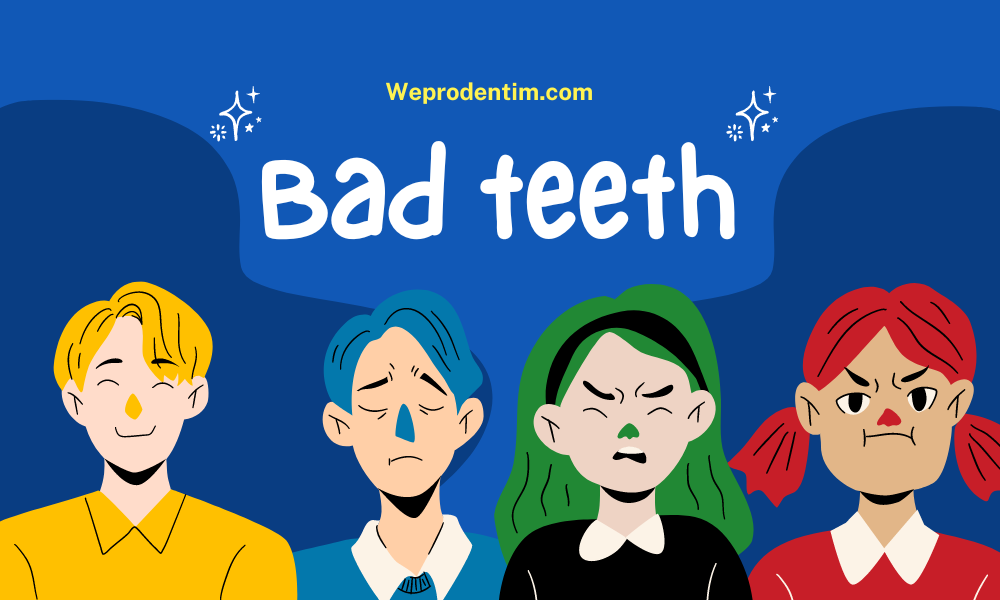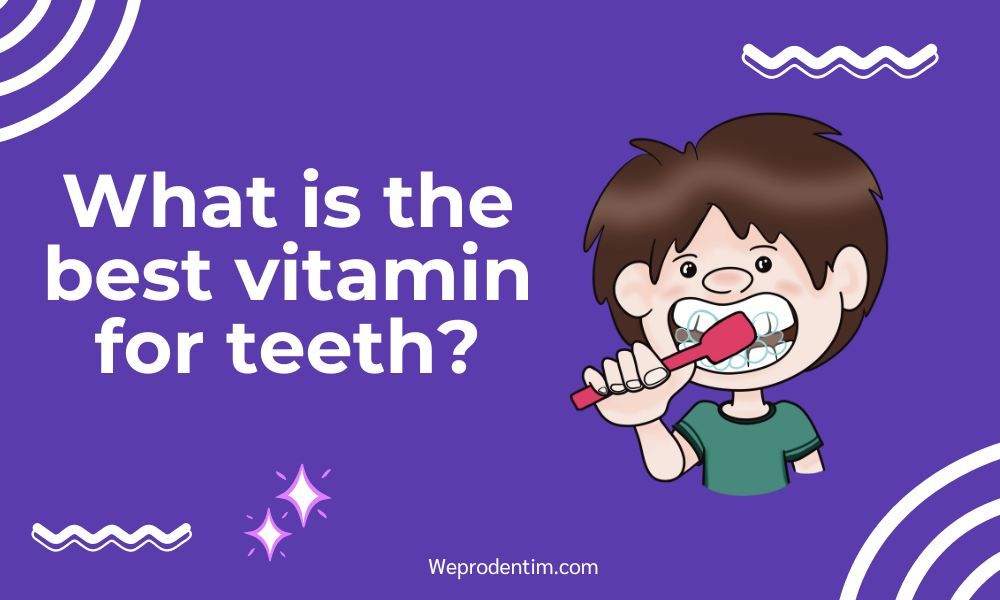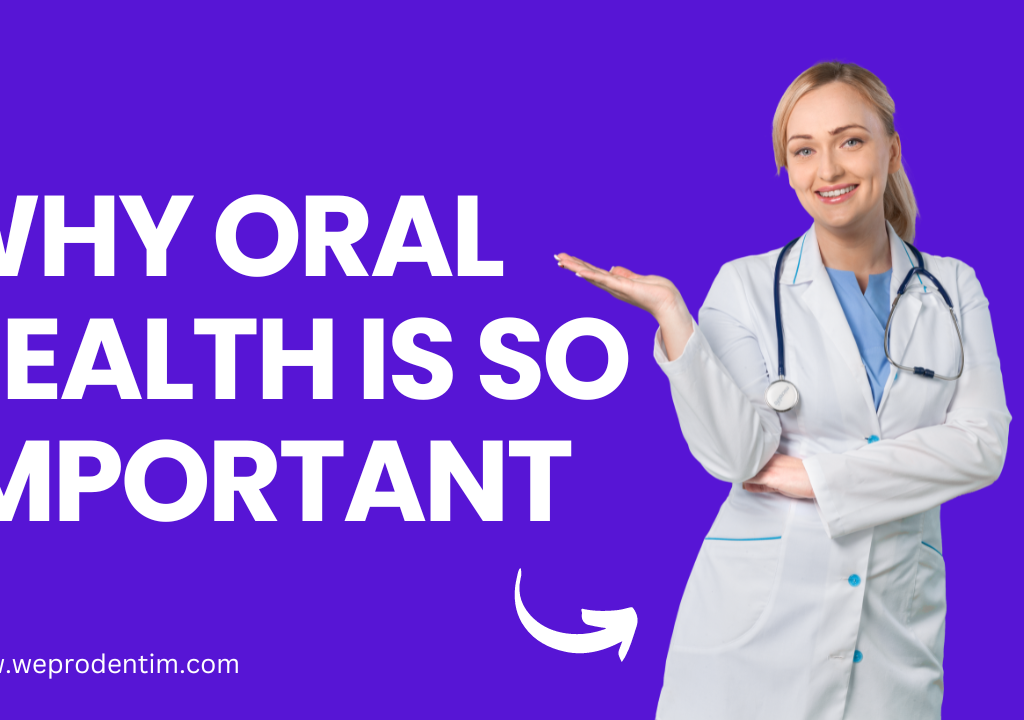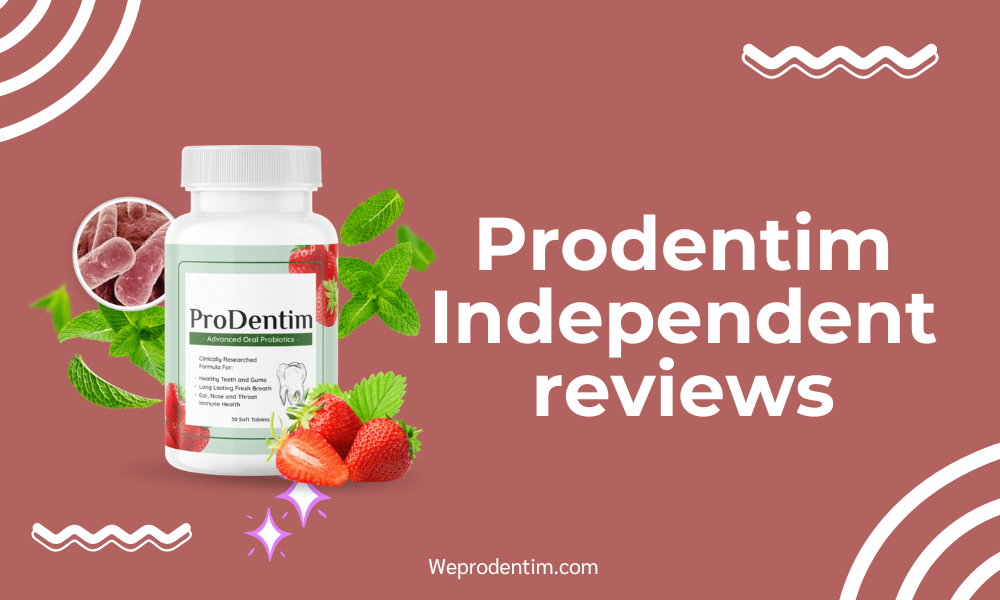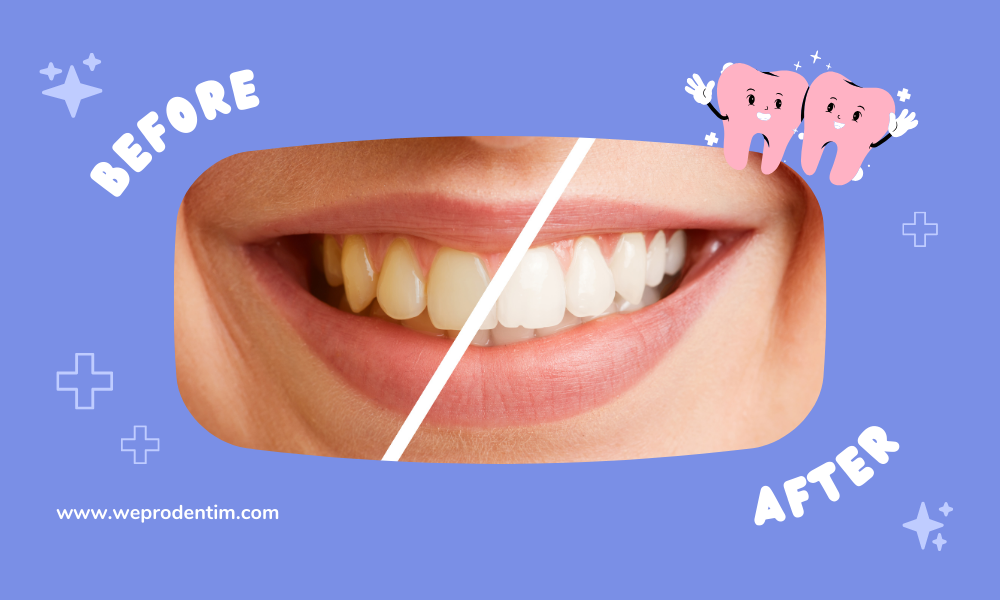Can Bacteria Actually Repair Our Teeth?
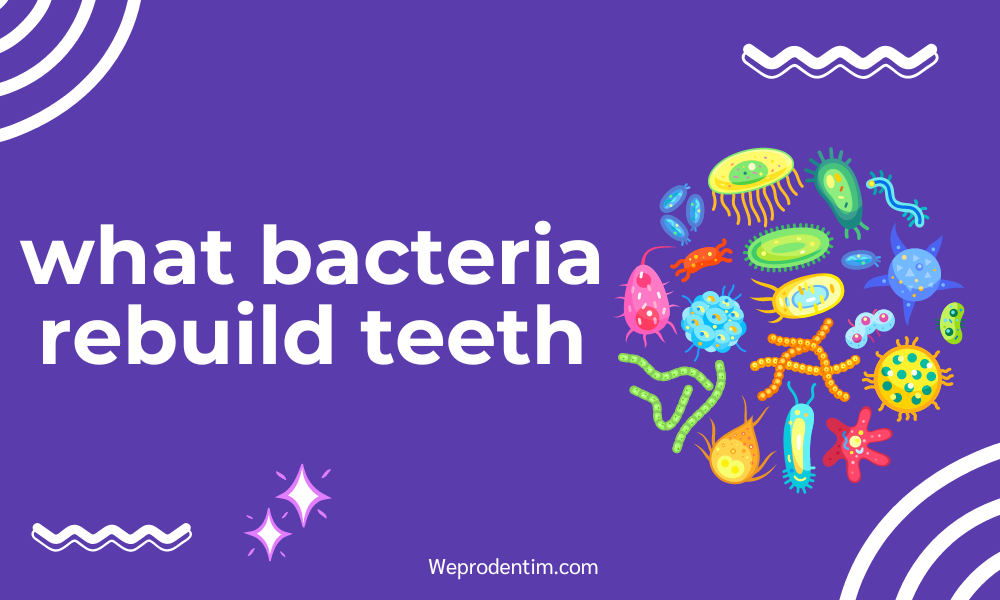
The human mouth is a teeming metropolis, teeming with billions of bacteria. While some of these microbes wreak havoc, causing cavities and gum disease, others play a surprisingly helpful role. Contrary to popular belief, bacteria aren’t solely responsible for tooth decay. In fact, some strains might actually hold the key to repairing and strengthening teeth.
Let’s delve into the fascinating world of the mouth microbiome and explore the potential of these “good” bacteria to rebuild our pearly whites.
The Battle Within: Demineralization vs. Remineralization
Tooth enamel, the hard outer layer of our teeth, is constantly under attack. Sugary foods and drinks create an acidic environment in the mouth. These acids erode the minerals in enamel, a process known as demineralization. If left unchecked, demineralization can lead to cavities.
However, our bodies aren’t defenseless. Saliva, nature’s mouthwash, plays a crucial role in remineralization. Rich in calcium and phosphate, saliva helps redeposit these essential minerals back into the enamel, strengthening and repairing minor damage.
This constant battle between demineralization and remineralization determines the health of our teeth. Unfortunately, the “bad” bacteria in plaque, a sticky film on teeth, often win. These bacteria, like Streptococcus mutans, thrive on sugars and produce lactic acid, accelerating demineralization.
The Good Guys: Can Bacteria Help Us Win?
Here’s where the story gets interesting. Recent research suggests that certain strains of bacteria in the mouth can actually work in our favor. These “good” bacteria, including Lactobacillus reuteri, Streptococcus salivarius, and Bifidobacterium, compete with the “bad” ones for space and resources.
Here’s how they might contribute to a healthier mouth:
- Reduced Acid Production: These good bacteria produce less acid or even neutralize the acids produced by bad bacteria, creating a more balanced environment for teeth.
- Enhanced Remineralization: Some strains may even play a role in promoting the remineralization process by influencing how minerals from saliva are deposited back into the enamel.
- Barrier Formation: Some good bacteria might help form a protective barrier on the tooth surface, hindering the attachment and growth of harmful bacteria.
While research in this area is ongoing, the potential for harnessing these good bacteria for oral health is promising.
Probiotics: Can We Seed the Mouth with Good Bacteria?
The concept of using beneficial bacteria to improve health isn’t new. Probiotics, live microorganisms with potential health benefits, have gained traction in gut health. Could a similar approach be applied to oral health?
The idea of introducing beneficial bacteria strains into the mouth through probiotics is being explored. These probiotics could potentially:
- Tip the Scales: By increasing the good bacteria population, probiotics may help create a more balanced oral microbiome, favoring remineralization and reducing the risk of cavities.
- Enhance Saliva Benefits: Some probiotics might work synergistically with saliva, promoting more efficient remineralization.
However, it’s important to note that probiotic research in oral health is still in its early stages. More studies are needed to determine the effectiveness and optimal strains for promoting oral health.
Beyond Probiotics: Optimizing the Oral Microbiome
While probiotics offer an intriguing possibility, maintaining a healthy oral microbiome goes beyond simply introducing good bacteria. Here are some additional strategies to foster a balanced environment in your mouth:
- Diet: Limiting sugary foods and drinks reduces the fuel source for harmful bacteria. Opt for a diet rich in fruits, vegetables, and calcium-rich foods to nourish good bacteria and support remineralization.
- Oral Hygiene: Regular brushing and flossing physically remove plaque, reducing the overall bacterial load and preventing the dominance of harmful strains.
- Fluoride: Fluoride toothpaste and fluoridated water strengthen tooth enamel and promote remineralization.
The Future of Oral Care: A Symbiotic Approach
The future of oral care might involve a shift from fighting all bacteria to nurturing a balanced oral microbiome. By understanding the complex interplay between different bacterial strains and their impact on our teeth, researchers can develop targeted therapies.
This could involve:
- Personalized Probiotics: Tailoring probiotic treatments to an individual’s specific oral microbiome for a more targeted approach.
- Prebiotics: Prebiotics are non-digestible food sources that selectively nourish beneficial bacteria. Exploring prebiotics specifically designed for the oral cavity could be another avenue for promoting a healthy microbiome.
While these advancements are still on the horizon, the potential to harness the power of good bacteria is exciting. By fostering a healthy oral microbiome, we might be able to move towards a future where cavities become a thing of the past, and our teeth remain strong and healthy throughout our lives.

